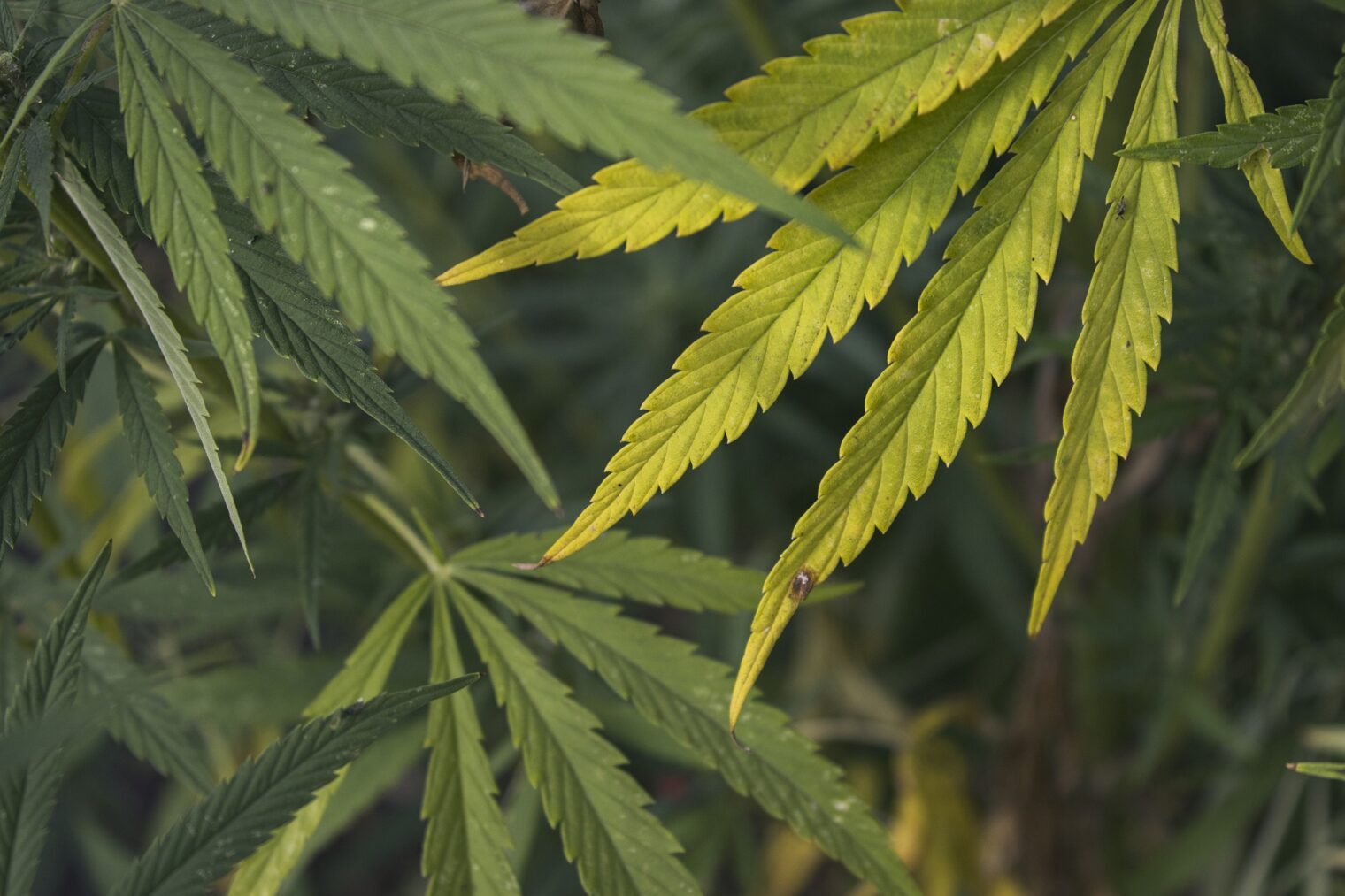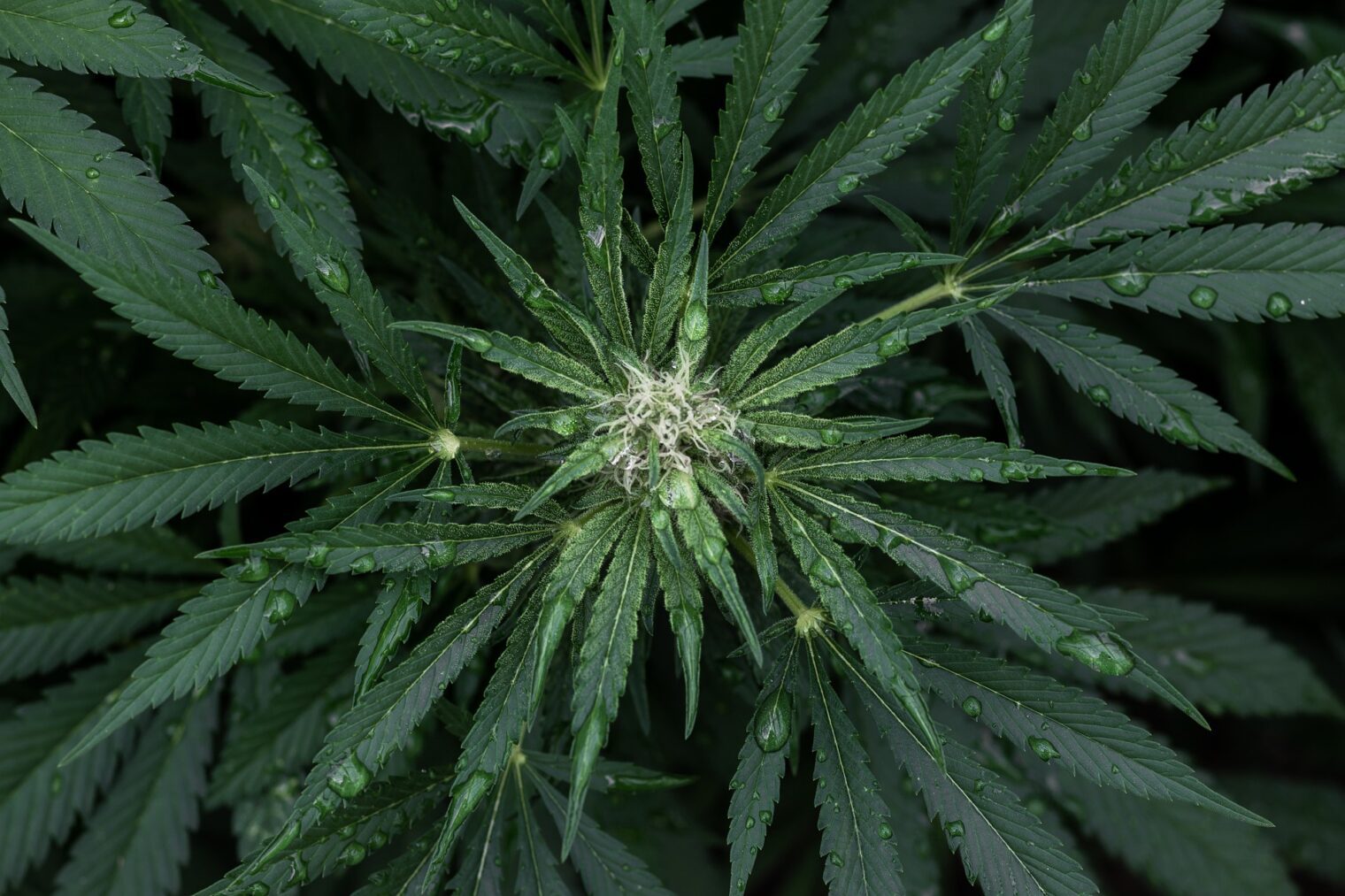Ganja Gardens: Cultivating Cannabis Culture in Thailand

Table of Contents
Cannabis culture in Thailand has been around for thousands of years, but things are speeding up since the decriminalization of weed. In the heart of Southeast Asia, Thailand has embarked on an ambitious and transformative journey with the legalization of cannabis, ushering in a new era of agricultural and cultural revolution.
This shift is not just altering the legal landscape but is deeply influencing the social fabric, economy, and the very essence of cannabis culture in Thailand. “Ganja Gardens,” as they are affectionately known, have become the epitome of this transformation, symbolizing a blend of traditional Thai agricultural practices with the burgeoning global cannabis culture.
The Legal Turnaround
The journey began with Thailand’s groundbreaking move to legalize medical cannabis in 2018, making it the first country in Southeast Asia to do so. This bold step was further amplified in 2021 when the Thai government decriminalized cannabis, allowing its cultivation and consumption under regulated conditions. This legal turnaround was not merely a legislative change but a cultural shift, redefining the country’s relationship with the cannabis plant.
Cannabis Culture in Thailand: Cultivation with a Cultural Twist
Cannabis culture in Thailand for cultivation is more than just growing a plant; it is an art form infused with centuries-old farming techniques and a profound respect for nature. Thai farmers, who once viewed cannabis with skepticism due to its legal status, are now embracing it as a crop that can be integrated into their traditional agricultural practices. The concept of “Ganja Gardens” reflects this integration, where cannabis is grown alongside other crops, utilizing the principles of permaculture and sustainable farming.
These gardens are not just spaces for cultivation but are becoming centers of community and education, where knowledge about cannabis cultivation is shared freely. Workshops on sustainable farming practices, the medicinal benefits of cannabis, and the culinary uses of hemp are becoming increasingly common, drawing both locals and tourists alike. This educational aspect is pivotal in dispelling myths and stigma associated with cannabis, fostering a community that is informed and respectful of the plant’s potential.
Economic Blossoming
The legalization and cultural embrace of cannabis in Thailand have also sparked an economic renaissance, particularly in rural areas where farming is a way of life. Cannabis has emerged as a lucrative crop, offering farmers a viable alternative to traditional crops that may be less profitable. “Ganja Gardens” are at the forefront of this economic shift, providing not just a source of income but also fostering entrepreneurship in the cannabis sector.
From small-scale farmers to large enterprises, there is a burgeoning industry around cannabis, encompassing cultivation, processing, and retail. Thai entrepreneurs are innovating in the space, creating a range of products from medicinal oils and supplements to gourmet culinary creations infused with cannabis. This economic activity is not only revitalizing rural economies but also positioning Thailand as a leader in the global cannabis market. Cannabis culture in Thailand is growing at a rapid rate. If you know what I mean.
Cultural Integration and Challenges
The rise of “Ganja Gardens” and the broader acceptance of cannabis in Thailand reflect a significant cultural shift. Cannabis is being woven into the fabric of cannabis culture in Thailand, from traditional medicine to cuisine, and even into religious practices. However, this integration is not without its challenges. There remains a need for education and awareness to navigate the fine line between use and abuse, ensuring that the cultural embrace of cannabis does not lead to negative health impacts.
Moreover, the legal framework around cannabis in Thailand is still evolving. While the decriminalization has opened up new opportunities, there remains a complex regulatory environment that growers, entrepreneurs, and consumers must navigate. Issues around licensing, quality control, and export regulations are areas where clarity and consistency are needed to ensure the sustainable growth of the cannabis industry in Thailand.
A New Leaf in Tourism and International Collaboration
The rise of “Ganja Gardens” has not only revolutionized the agricultural and cultural landscapes of Thailand but has also introduced a new dimension to its tourism industry. Cannabis culture in Thailand has never been stronger.
These gardens are becoming destinations in their own right, attracting visitors from around the globe who are eager to explore the rich biodiversity of cannabis strains cultivated in Thailand and to learn about the sustainable farming practices employed. This unique blend of education, culture, and natural beauty offers a new type of eco-tourism that aligns with the global trend towards experiential and responsible travel.
Thailand’s Pioneering Stance on Cannabis
Moreover, Thailand’s pioneering stance on cannabis has opened doors for international collaboration in research, development, and commerce. Universities, research institutions, and businesses from countries where cannabis is legal are forging partnerships with Thai counterparts to study the plant’s medicinal properties, develop new strains, and explore market opportunities.
These collaborations are not only enhancing the global knowledge base around cannabis but are also positioning Thailand at the forefront of the international cannabis industry. And they benefit cannabis culture in Thailand in many ways.
This new wave of tourism and international cooperation underscores the global significance of Thailand’s “Ganja Gardens.” As these gardens continue to flourish, they symbolize not just a national but a global shift towards a more open, educated, and collaborative approach to cannabis. This evolution reflects a broader trend of breaking down barriers, fostering cultural exchange, and embracing the potential of cannabis to contribute to health, wellness, and sustainability on a global scale.
Cannabis Culture in Thailand in 2024
The emergence of “Ganja Gardens” in Thailand is a testament to the country’s progressive stance on cannabis. It represents a confluence of tradition and modernity, where ancient agricultural practices meet the burgeoning global cannabis culture in Thailand and beyond. As Thailand continues to navigate the complexities of this new landscape, “Ganja Gardens” stand as beacons of innovation, education, and community, cultivating a cannabis culture that is uniquely Thai.
This cultural and economic revolution, rooted in the fertile soils of Thailand’s “Ganja Gardens,” is not just about the cannabis plant. It is about reshaping perceptions, fostering sustainability, and creating a future where the benefits of cannabis can be fully realized, all while respecting the rich tapestry of Thai culture. As the world watches, Thailand’s “Ganja Gardens” offer a model of how cannabis can be integrated into society in ways that are respectful, sustainable, and beneficial for all.









